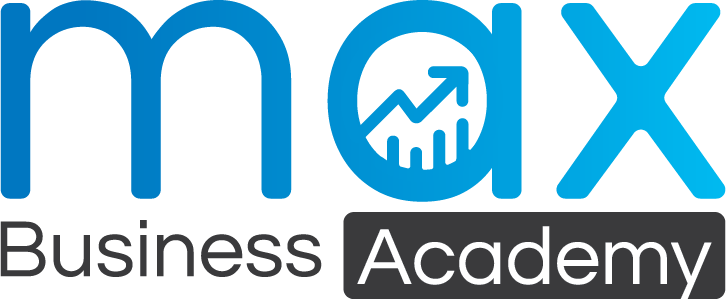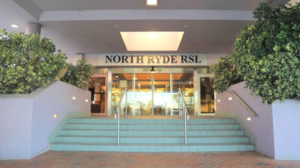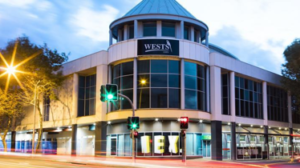In running a business, it is very important to have the right tools in order for you and your team to perform your tasks efficiently. However, purchasing all the latest office equipment does not come cheap. What many business owners may not realise is that buying is not the only option. There is another alternative, which is to lease your office equipment. But is this actually a good business move?
The answer to whether leasing office equipment could benefit your business really depends on the status of your financials and your unique needs as a company. Are you swimming in cash or would you rather save up for the rainy day? Do you foresee using this equipment for a long time or is it just to address a temporary demand? These are just examples of things you need to consider when trying to arrive at a decision.
To help you decide, here are some of the pros and cons involved when leasing office equipment.
PROs of Leasing Office Equipment
Before you decide to buy your office equipment with your precious cash (or credit), it would be good to look at the reasons why leasing might actually be more beneficial for your business.
No high upfront cost
Imagine this: You are a digital company who just signed a big client and you needed to hire a team of people to do the job. Of course, your team cannot really operate on pen and paper alone so you need to start buying laptops, printers, phones, and other devices. Buying all these devices in one go is a major investment.
In an ideal world, every business, including yours, should have a budget for every piece of equipment it needs. However, this is not always the case. Even if your client pays you an advance, there are surely other overhead expenses you have to worry about to keep the business running.
Many smaller businesses like startups struggle with limited capital. It is then very critical to save wherever they can until they turn in some profits. Leasing offers businesses the flexibility to maximise their finances without worrying about high upfront costs. You pay on a month per month basis, which is less stressful on your cash flow.
Option to choose high-quality equipment without breaking your budget
It is to be expected that almost all entrepreneurs would want the best equipment at the best value they can get. For example, if you were buying a printer, you would want to choose the best printer for your business that is easy to use, affordable, and has all the functions you need for your daily tasks.
However, these latest models are usually more expensive which makes it difficult for smaller businesses to acquire them. Leasing is a great solution to save money without compromising quality. It allows your business to enjoy the functionalities of a high-tech machine without having to worry about draining your funds.
Avoid unexpected repair and maintenance costs
Many people have the misconception that once they buy a piece of equipment, the costs end there. However, most of these pieces of equipment, especially those that are tech-related, are prone to breakdown so they need to be constantly maintained. When this happens, you need to shoulder the associated repair and maintenance fees as well as the costs of replacement parts. These are often unexpected expenses that are not typically budgeted for which is why repairs are often delayed leading to disrupted productivity.
When you are renting, this tends to be a non-issue as the supplier is responsible for routine maintenance and keeping the machine in tiptop condition. These leasing contracts also often come managed services that constantly monitor and maintain your equipment. For example, in leasing a printer, using managed print services can give you the peace of mind that your printer will always be in good condition. It also ensures that downtime is minimised in case you encounter any problem with your machine.
More flexibility to upgrade or downscale
As the cliché goes, there is nothing constant but change. This is applicable when it comes to the demands of your business. The equipment you have today may not necessarily be adequate to meet your needs as your business grows. If you already purchased the equipment, you are already stuck with it and would need to sell it or find additional money to buy a new one. On the contrary, if you are only leasing, you can have the flexibility to scale up or scale down once your contract is up for renewal. Some companies may even allow you to upgrade to a higher model immediately.
CONs of Leasing Office Equipment
It’s useful to look at the common reasons why many business owners feel that leasing office equipment is not for them. These are some of the downsides when you decide to lease.
No ownership
The old-fashioned way of thinking is “Why rent when you can buy?” Without a doubt, not having ownership is one of the main disadvantages of leasing. You are paying for a device that in the end will never be yours. With leasing, you are under a contract to use certain equipment within the agreed period only. Unlike when you buy the equipment, it’s already yours 100% and you can use it as long as you want.
Higher cost over time
The cost of leasing equipment is typically higher than just buying one when you calculate it over time. Even if the monthly costs are lower, the total cost when calculated overall is usually more expensive especially if you are renting for a long time. Of course, this will still depend on the type of equipment that you are leasing since most tech products tend to depreciate and you can rarely sell it at the original price you paid for.
Availability of products
While most leasing companies store more popular models and products, you typically have a more limited choice than when buying brand-new. You may need to shop around to see which leasing company has a stock of the equipment you need. If it is not available, it may force you to settle for another model.
Is leasing right for you?
Leasing office equipment can have its advantages and disadvantages. The choice of whether you should lease or buy depends on the current needs and standing of your company. What may work for one business may not necessarily work for you so it is best to evaluate your options diligently before getting to a decision.
About the Author
Nathan is a business advisor and business writer at Biznas. He has helped many clients solve their business problems, and now imparts his advisory knowledge onto others to help them improve their businesses too.









